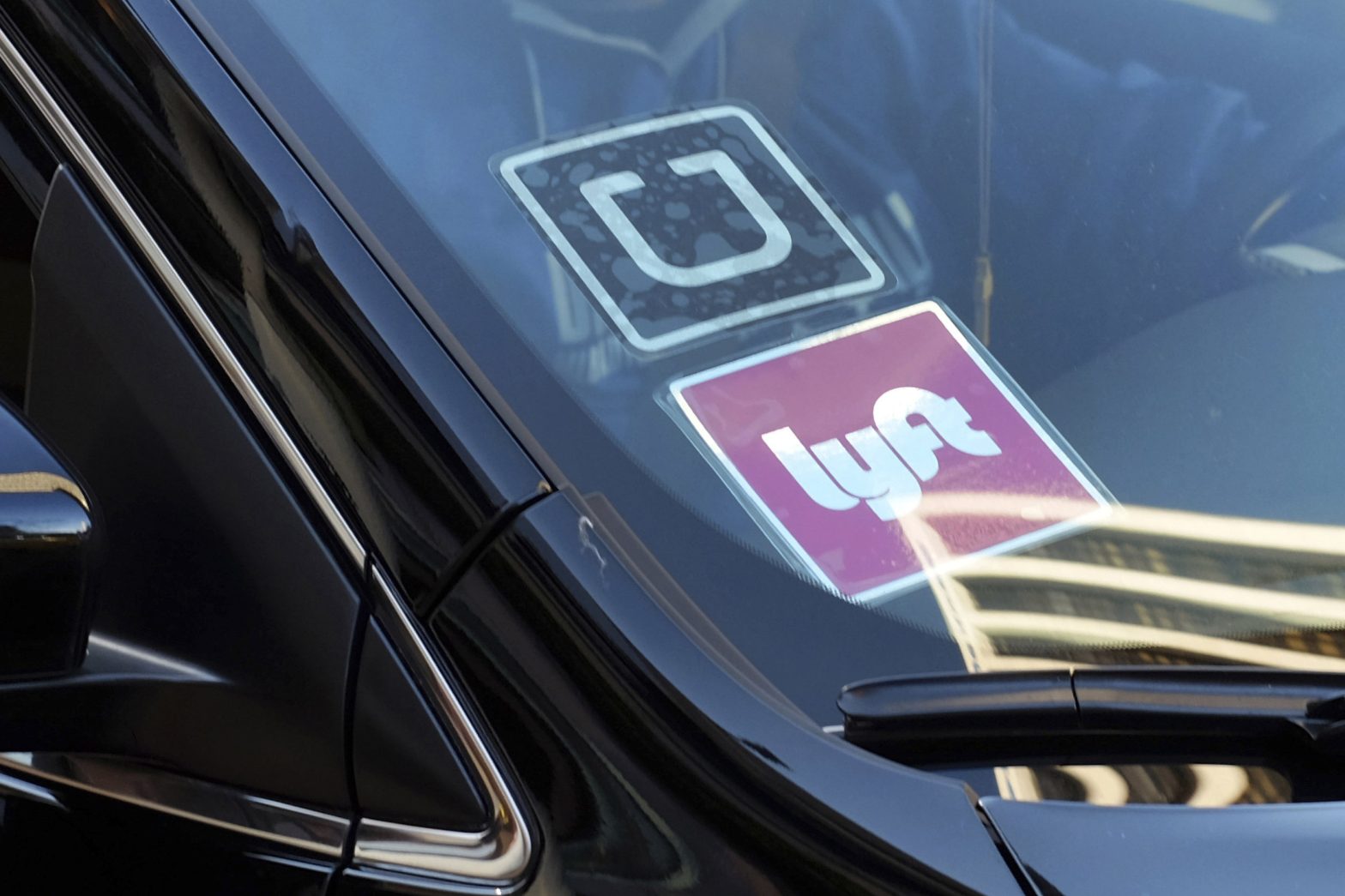Filling in the Data Gaps on App-Based Platforms
COMMENTARY

While relatively new, the app-based rideshare and delivery industry has already become ubiquitous so that it can be hard to remember life before rides, meals, groceries and goods were available on-demand at the press of a button.
App-based platforms have fundamentally transformed how we move, earn and live so quickly — in just a dozen or so years — that traditional methods for gathering and measuring economic impact have not caught up.
As a result, anecdotes and educated guesses filled this data vacuum, seeking to provide answers to vital questions like how many workers earn a living on these platforms, why they choose to do so and the impact of the industry on small businesses.
These industry-wide data points have been missing from conversations on how app-based companies and policymakers can work together. Until now.
Last month, Flex partnered with Public First, an independent research firm, to publish the first-ever economic impact report of the app-based industry in the United States. This comprehensive analysis details the positive impacts of app-based platforms for consumers, workers, small businesses and communities across the country.
On a national level, the numbers reflecting the industry as an economic engine were astonishing. App-based platforms facilitated 4.3 billion rides and deliveries in 2022, contributing more than $212 billion to the U.S. economy.
In the next decade, that number is projected to hit half a trillion dollars — which matches the current output of the entire U.S. film industry.
This added economic activity directly benefits local restaurants, grocers and other small businesses who use delivery apps to promote themselves and grow their customer base.
Public First’s research found that app-based platforms generate $32 billion in additional revenue for small businesses each year, with 63% of consumers trying a new restaurant for the first time after discovering it in an app.
While small businesses have faced significant challenges over recent years — intensified by the pandemic and inflation-driven rising costs — the app-based industry has continued to provide them with additional opportunities, on top of the millions of dollars in economic relief that individual companies invested.
For consumers, apps make life easier and save time — over 1 billion hours in a normal year — and they have also grown to meet crucial community needs like safe transportation, supporting individuals with disabilities or illnesses, and increasing access to food and other essentials.
As more and more pharmacies close throughout the country and over 50 million Americans live in areas considered low income and low access, apps have picked up the slack, with 78% of consumers responding that app-based platforms are important for providing access to essentials.
The flexibility that app-based platforms grant consumers is even more important for the vast majority of the 7.3 million app-based drivers and delivery workers in the United States. Not being tied to a 9-5 schedule allows drivers to choose when, where and how often they work.
This is not only a preference for many, but a lifeline for parents, caretakers, students and other earners who do not want to work a traditional — and highly scheduled — 40-hour work week. According to Public First’s research, 90% of workers point to flexibility as an important reason to do app-based work and when asked if they would prefer their current setup or a fixed schedule with a 50% pay increase, half of respondents still picked the flexible option over the fixed option’s significant pay bump.
When it comes to the importance of app-based work to earners, two outcomes are clear. First, the industry’s independent work focus is a positive for most drivers. Secondly, apps provide a critical avenue for workers to complement existing income and boost their financial security — nearly 70% of workers reported that app-based work helped them make money in an emergency.
As this industry continues to grow, policy discussions will increase.
We hope this new information will serve as a critical baseline to help lawmakers better understand the far-reaching impact of the app-based industry and work with us to continue to build a better industry for all.
Kristin Sharp is the CEO of Flex, the voice of the app-based industry, and a long-time advocate of entrepreneurship and workforce innovation. She can be reached on LinkedIn.
























